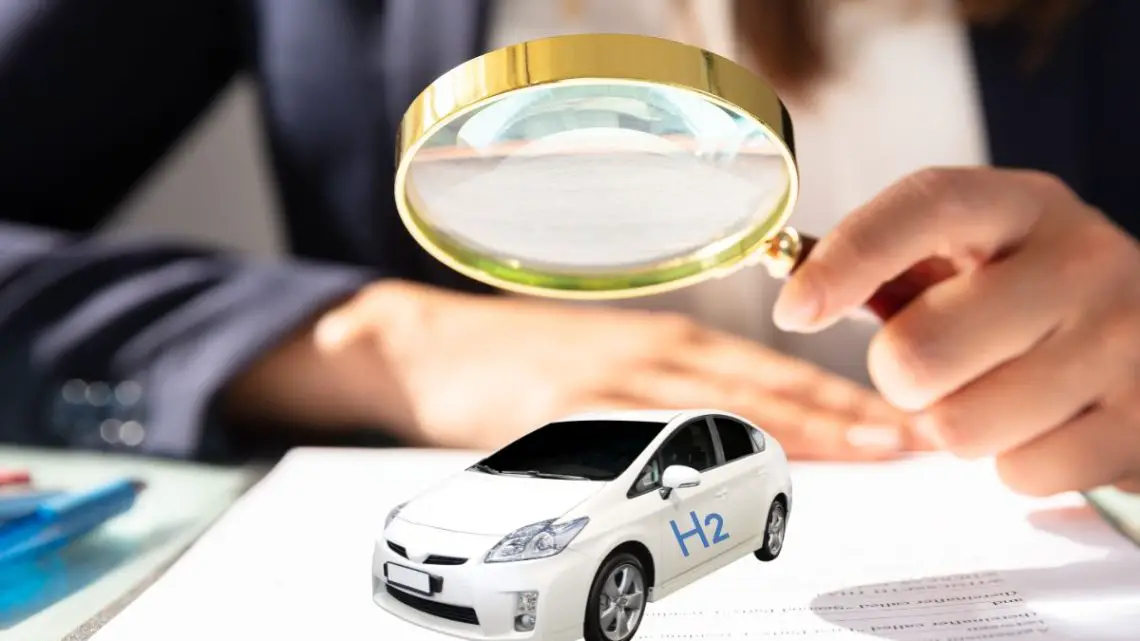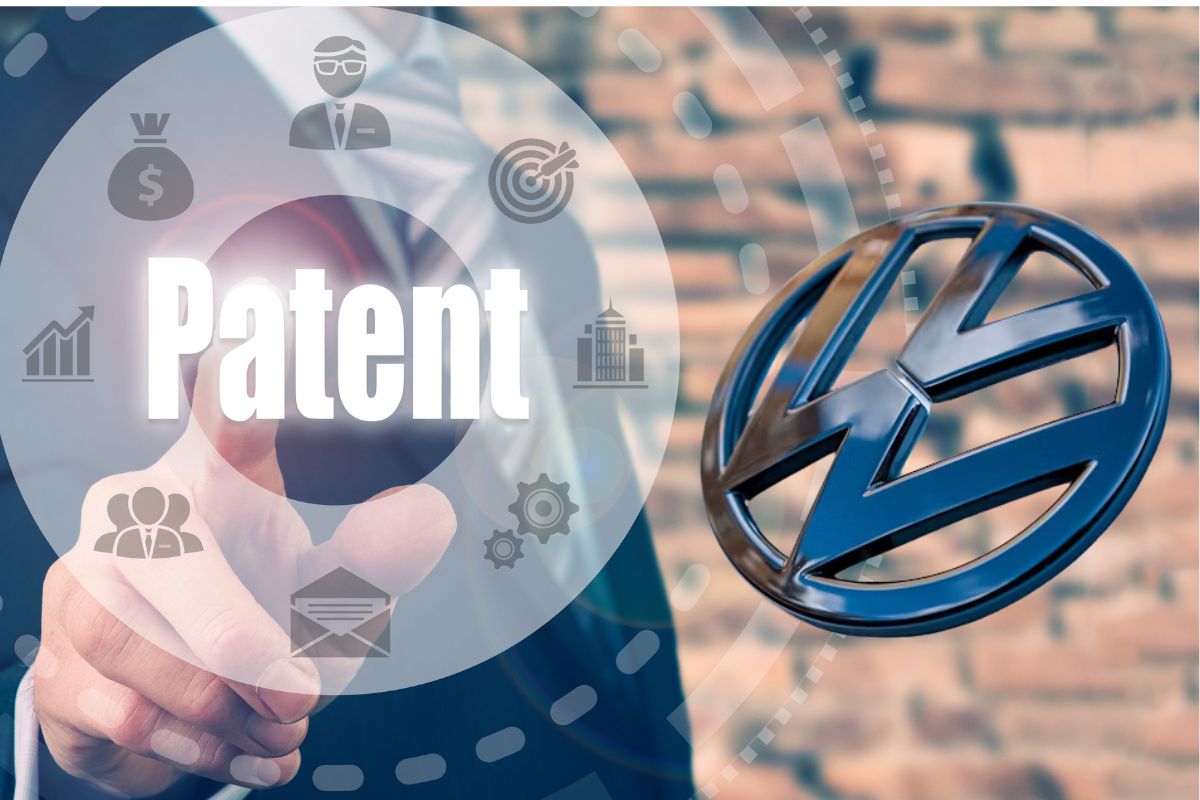
Is Volkswagen taking a new look at the hydrogen fuel cell?
June 20, 2024The automaker has been focused on EVs but has indicated interest in H2 for clean energy
While Toyota and Hyundai have drawn the majority of the attention for developing and rolling out hydrogen fuel cell cars, they are far from the only companies showing interest. Among those others may be Volkswagen, according to recent indications.
The German automaker is working on developing the technology
What has indicated that Volkswagen is interested in hydrogen fuel cell technology is that it has been working on the development of the tech. The company submitted a patent filing involving a stack that would be incorporated into a passenger car and that would boast a range of about 2,000 kilometers (about 1,243 miles).
The tech described in the patent filing was developed as part of a collaboration between Volkswagen and Kraftwerk Tubes, another German company.
The hydrogen fuel cell technology uses a ceramic membrane
The patent describes a hydrogen fuel cell that uses a ceramic membrane. Among the benefits to that type of design includes that it would be cheaper to manufacture than the more common polymer membrane used by other automakers such as Toyota and Hyundai. Moreover, a ceramic membrane is more durable, and more resistant to freezing and drying than Nafion.

Producing a unit that will be productive, as well as more durable and affordable than others already developed could provide an advantage in the zero-emissions market. This design also makes it possible to avoid the need for precious metals such as platinum, which decreases the overall price, making it more accessible to a larger number of individuals or companies.
Will this be the first Volkswagen H2-powered vehicle?
Some have guessed that the patent filing could lead to the first Volkswagen hydrogen fuel cell car, as it not only offers a zero-emission vehicle option but also makes it possible to provide H2 power in a way that might be cheaper than the main competition. As much as EVs remain the leaders in the passenger car market for zero-emission transportation, paying attention to H2 could allow for diversification by an automaker.
Increasingly, zero-emission transportation experts are indicating that it is very unlikely for one technology to replace all fossil fuel-powered vehicles. Instead, it is more likely that there will be two or more types of clean energy needed for transportation. This shouldn’t necessarily be considered anything new, when keeping in mind that most fossil-fuel powered vehicles on the road are also powered by more than one technology, with gasoline-powered internal combustion engines, and diesel engines.
Is Volkswagen giving up on electric vehicles?
 It’s very doubtful that Volkswagen is giving up on its EVs. After all, there isn’t anything that says that a large automaker must focus exclusively on a single technology. Black-or-white thinking in this way leads to assumptions that are simply unlikely to be true. Instead, with an uncertain future being laid out ahead as new zero-emission regulations and technologies unfold, many automakers are just trying to make sure that they are exploring all the options they should, and that they are focusing on the technologies that might serve them – and their customers – most effectively.
It’s very doubtful that Volkswagen is giving up on its EVs. After all, there isn’t anything that says that a large automaker must focus exclusively on a single technology. Black-or-white thinking in this way leads to assumptions that are simply unlikely to be true. Instead, with an uncertain future being laid out ahead as new zero-emission regulations and technologies unfold, many automakers are just trying to make sure that they are exploring all the options they should, and that they are focusing on the technologies that might serve them – and their customers – most effectively.
This automaker is focused on achieving its carbon neutrality goal by 2040, and part of this will involve looking into the types of vehicles that will allow them to get there. Moreover, it will also benefit them to look into clean energy for powering the rest of their operations beyond the vehicles driving on the roads. This includes everything from offices to manufacturing.
Still, as Germany expands its H2 economy, it is interesting to watch how companies based there are adapting to the move and exploring what hydrogen fuel cell technology has to offer.


 With over 15 years of reporting hydrogen news, we are your premier source for the latest updates and insights in hydrogen and renewable energy.
With over 15 years of reporting hydrogen news, we are your premier source for the latest updates and insights in hydrogen and renewable energy.
